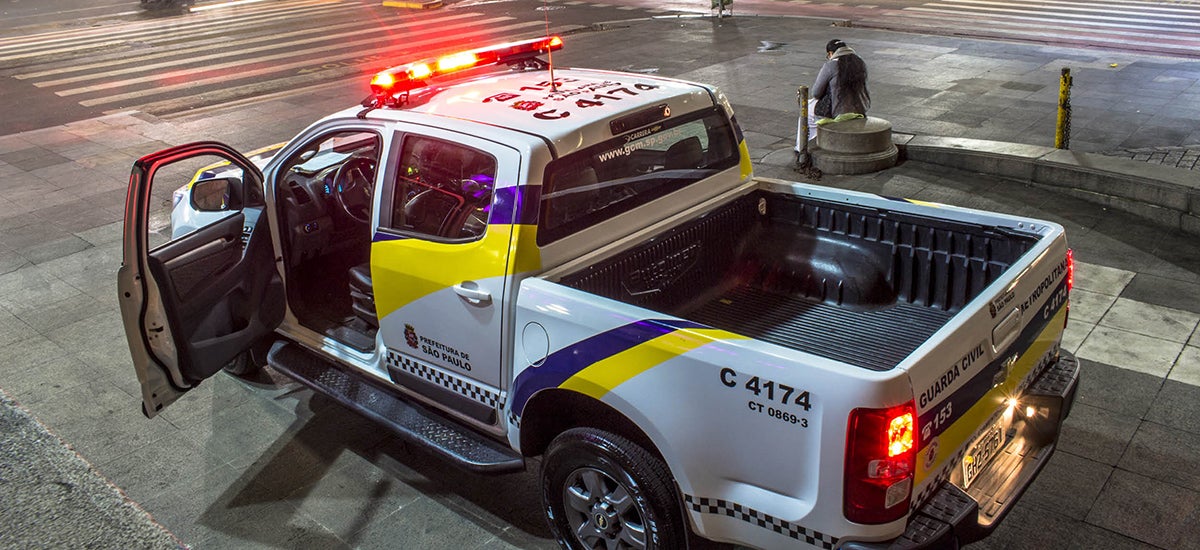
With nearly 49,000 gun-related deaths in 2021, including homicides, suicides, and accidents, the United States has long been thought to be the gun capital of the world, with a staggering 120.5 firearms per 100 inhabitants. But its numbers pale in comparison to Latin America and the Caribbean when it comes to homicides. In 2021, nine of the 10 countries with the highest homicide rates worldwide belonged to the region, and a significant portion of those killings were committed with firearms.
Grim statistics and the daily assault of headlines recounting the latest massacre in a home or workplace have led to fierce debates in the Americas around the legal and constitutional issues of gun possession. They also have caused scholars to weigh factors, ranging from poverty and inequality to unemployment, mental health issues, and the prevalence of organized crime in trying to understand gun-related killings and deaths. But there is also a much overlooked behavioral trait that is correlated with attitudes towards weapons possession and use. That trait is overconfidence, the subjective confidence that one’s ability is greater than one’s actual performance. It can be seen in the flawed judgments of physicians and engineers; in CEOs who make reckless merger decisions, and in criminal offenders. It should come as no surprise that it also affects attitudes towards guns and gun safety and leads to gun-related risk-taking, injuries and fatalities.
Overconfidence can be broken down into two closely related concepts: overestimation, an inflated idea of one’s abilities, and overplacement, an inflated idea of one’s abilities relative to others. We show in a recent study how both affect people’s attitudes towards gun use and possession and, suggest, by implication, how they may have an impact on efforts to either loosen or tighten laws around the possession, carrying and use of firearms.
A Survey in Six Countries of the Americas
We enlisted more than 7,000 people in Argentina, Brazil, Chile, Colombia, Mexico and the United States to take an online survey in which we asked them a series of general interest questions from fields including current events, music, and geography, among others, and asked them how confident they were in their answers. We also asked them to judge their decision-making ability, morality, and level of responsibility both in general terms and in their potential use of a weapon in comparison to others. Their answers gave us a clear indication of how they stood in terms of both types of overconfidence.
To test their attitudes towards guns, we also queried them about who should be able to carry weapons (the police, private guards, ordinary citizens) and whether they themselves would use a gun in various crime situations.
Overconfidence and Attitudes Towards Gun Possession and Use
We found that both types of overconfidence were strongly correlated with favoring the ownership and carrying of weapons and of a greater propensity of individuals to say they would use a gun when confronted with a criminal. A person who overestimated their abilities, for example, was 5% more likely to say they would use a weapon to prevent a burglary in their home than to say they would not offer resistance, provided that the weapon was similar to that of the intruder. And that person was 6% more likely to say the same if they believed their abilities to be greater than that of other people.
The association of overconfidence with greater risk-taking and permissiveness on guns has political ramifications, of course. Politicians are also subject to behavioral biases, and we might reasonably assume that when overconfident they might, like other overconfident individuals, favor the possession and carrying of firearms and vote to put legislation allowing for those things in place. Overconfident voters might similarly pressure politicians at the ballot box, potentially leading to a wider availability of guns and less regulation, even before considering the nature of the electoral system and the existence of lobbying and campaign contributions.
The Urgency of an Epidemic
We have plenty of experience in other areas, including seatbelt use and alcohol and cigarette consumption, where overconfidence leads to less than ideal social behavior. Providing information about people’s actual performance and the risks of making wrong choices is one step towards reducing overconfidence, correcting biases, and achieving a healthier equilibrium. But there is little time to lose. With more than 200 mass shootings — each causing the death or injury of four or more people — in the United States so far this year and an epidemic of home, street and workplace killings throughout large parts of the Americas, the relationship of people to their guns urgently needs to be addressed.
Publisher: Source link











